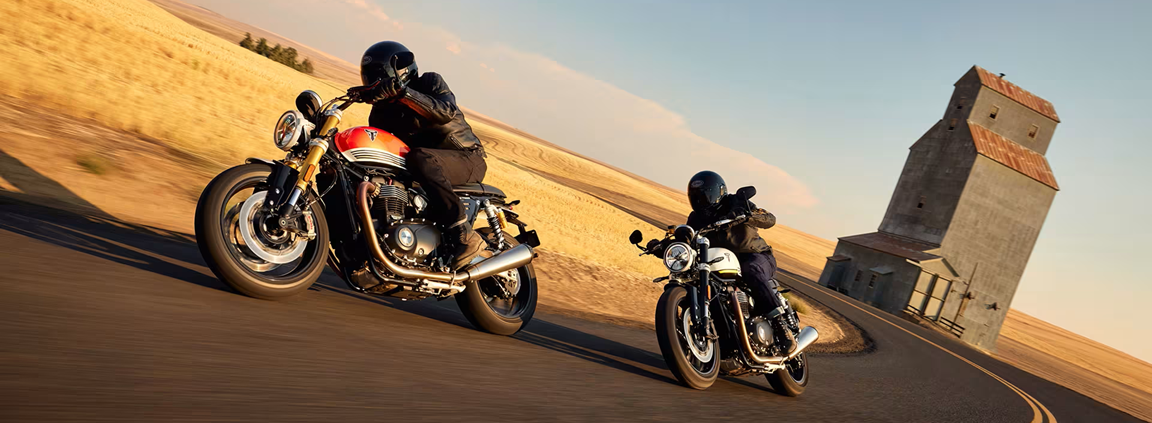Lead-Acid vs Lithium: Which Motorcycle Battery is Best?
When it comes to choosing a motorcycle battery, the question of lead-acid vs lithium often arises. The short answer: for most riders, a lithium motorcycle battery is the better choice. It offers lighter weight, faster cranking, longer lifespan, and minimal maintenance. Lead-acid batteries, on the other hand, may still be suitable for riders on a budget or those operating in extreme cold conditions where lithium performance can be slightly reduced.
Understanding Lead-Acid and Lithium Motorcycle Batteries
Before diving into the comparison, it’s important to understand the basics:
- Lead-Acid Batteries
Traditional lead-acid batteries have been around for decades. They rely on a chemical reaction between lead plates and sulfuric acid to store energy. These batteries are heavier, require periodic maintenance, and have a moderate lifespan. - Lithium Motorcycle Batteries
Lithium batteries, typically lithium-iron-phosphate (LiFePO4) for motorcycles, store energy using lithium ions. They are significantly lighter, maintain voltage more consistently, and can handle deeper discharge cycles without damage. Built-in Battery Management Systems (BMS) protect against overcharge, over-discharge, and thermal issues.
Key Comparison: Lead-Acid vs Lithium
| Feature | Lead-Acid | Lithium | Winner |
| Weight | Heavier, can affect handling | Very light, improves maneuverability | Lithium |
| Cranking Power | Adequate but slower in cold | Instant, stronger cranking even at low temps | Lithium |
| Lifespan | 2–4 years depending on use | 5–7+ years with proper care | Lithium |
| Maintenance | Requires regular water topping (for flooded types) | Virtually maintenance-free | Lithium |
| Cost | Lower upfront cost | Higher initial cost but lower total lifecycle cost | Depends on budget |
| Temperature Performance | Reliable in extreme cold | Slight performance drop in very low temps | Lead-Acid for extreme cold |
| Safety | Can leak acid if damaged | Generally safer, BMS protects battery | Lithium |
Choosing the Right Battery for Your Riding Style
- Commuters and Urban Riders:
Lithium batteries are ideal due to low weight and minimal maintenance. Faster starts mean less hassle in stop-and-go traffic. - Long-Distance Touring:
Lithium’s longer lifespan and deep discharge tolerance make it perfect for long rides and infrequent charging cycles. - Budget-Conscious Riders:
If initial cost is the primary concern, lead-acid batteries provide reliable performance at a lower price. - Cold-Climate Riders:
Lead-acid batteries may start slightly more reliably in sub-zero temperatures. However, high-quality lithium batteries with integrated BMS are catching up fast.
Final Verdict
For the majority of riders, lithium motorcycle batteries offer the best balance of performance, lifespan, and convenience. Lead-acid batteries remain a solid choice for specific situations such as extremely cold environments or tight budgets. When deciding, consider your riding style, climate, and how often you want to maintain your battery.
Pro Tip: Always check the battery’s CCA (cold cranking amps) and capacity to match your motorcycle’s requirements, regardless of type. A properly matched battery ensures optimal performance and longevity.
Recommended Reading
Best rated motorcycle batteries comparing lead acid agm and lithium technologies


